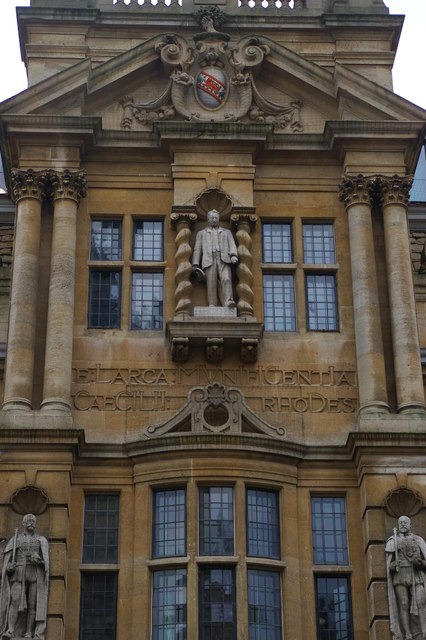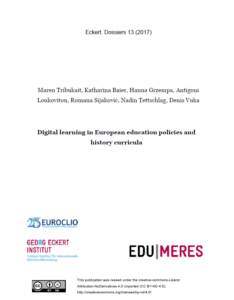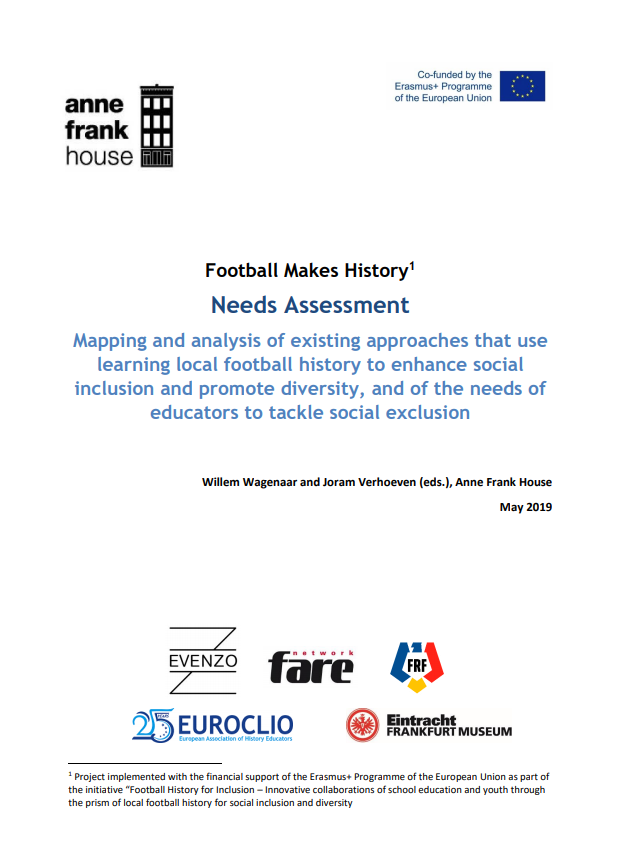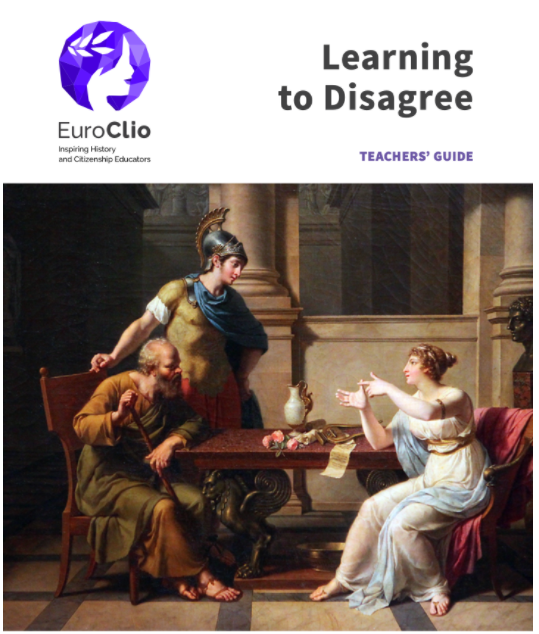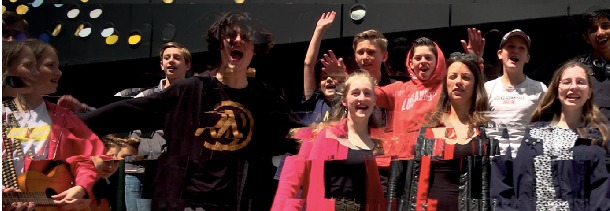
In a world of rapidly advancing technologies and different media, an abundance of information can be a challenge. We consume information on a daily basis while watching the news, browsing the internet and scrolling through news feeds on social media. How do we process this information? How do we know what information is reliable? In what ways do we use information and in what ways can it influence us? How should we deal with fake news and disinformation?
These are just some of the questions that young people will try to answer in a short documentary they will create, guided by this interactive education kit.
The full lesson plan takes 8-10 hours (homework included). The kit contains suggestions for activities to choose based on the needs of your students as well as an assessment grid. All videos are available on the In Europe Schools YouTube channel.
In Europe Schools is a joint initiative of EuroClio and the Dutch national broadcaster VPRO. Learn more about the project here and find previous toolkits here.


